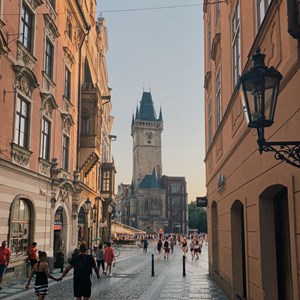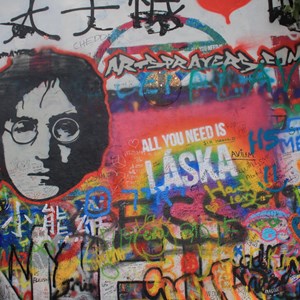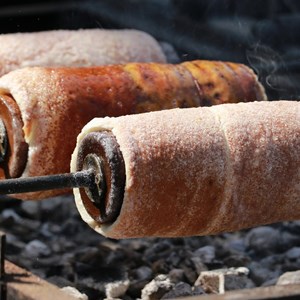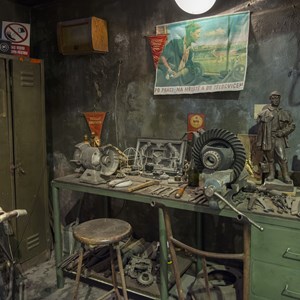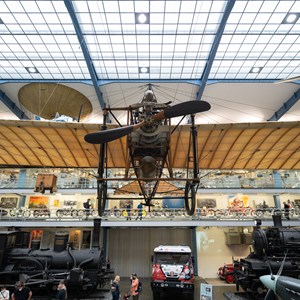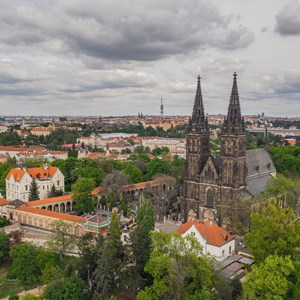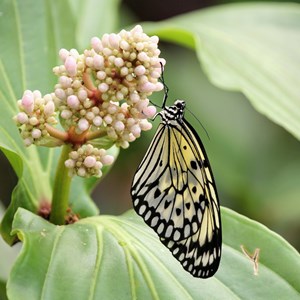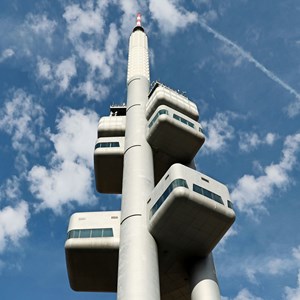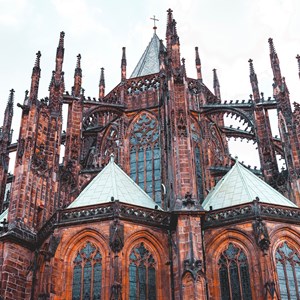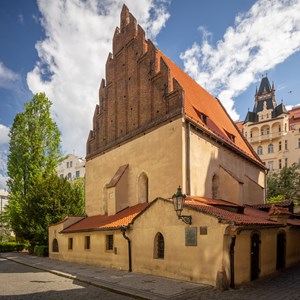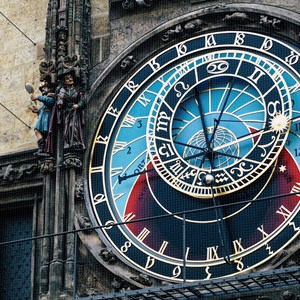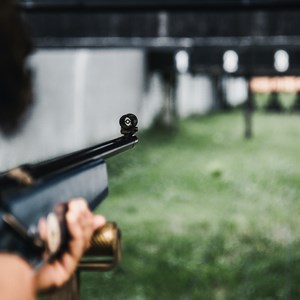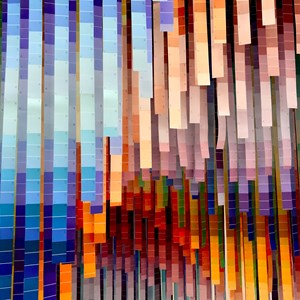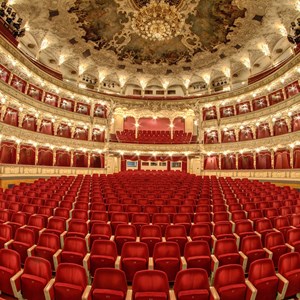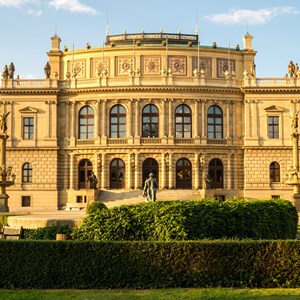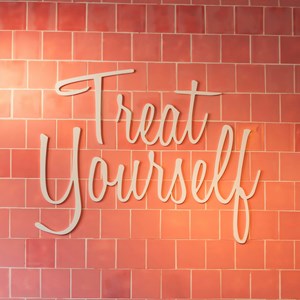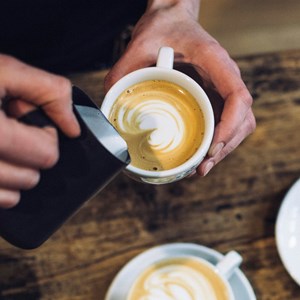

Franz Kafka once wrote, 'Mother Prague has clutches', referring to the city's captivating charm. Prague's winding streets will captivate you, making you love every second. Gothic alleyways echoing with history and the sight of the moon hovering behind the towers and pinnacles create an unforgettable experience. Once you've explored Europe's most enchanting capital, you'll definitely want to come back.
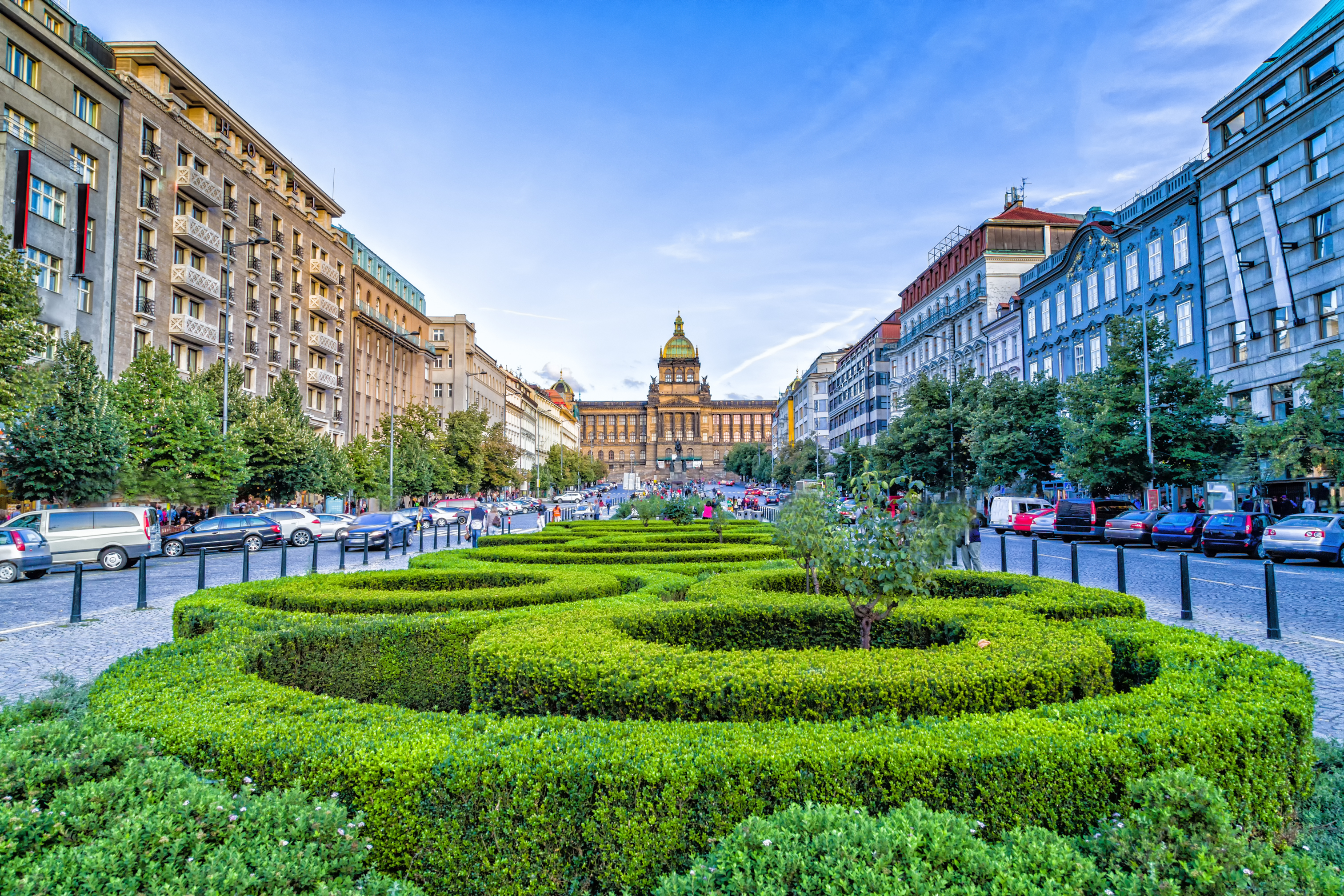 GoneWithTheWind/shutterstock
GoneWithTheWind/shutterstock
The City
After the ’Velvet Revolution’ in 1989, Prague became an international metropolis with all the usual trappings of the genre, but has also managed to successfully retain its unspoiled local character. The Czech capital is small and compact, with hospody (beer-houses) that offer the world’s best beers stationed on every street corner. The most important areas in the central districts of the city are Staré Město (Old Town), Josefov, Nové Město (New Town), and Malá Strana (Lesser Town). These are best explored on foot. In recent years, the district of Vinohrady (Vineyards) has established itself as the district favoured by Pražani (the Prague inhabitants), and the restaurants and cafes lie closely packed.
When you visit Prague, it is worth remembering that not only does the city boast an impressive history, which stretches back many hundreds of years, but it has also fostered prominent architects, artists, and designers of the 20th century. Prague was once the centre of Central European modernism, a fact which today, after a long period of dictatorship, has almost faded into oblivion. In recent years, modernist Czech architecture and interior design have experienced a recovery, and there is nearly always a good exhibition to see.
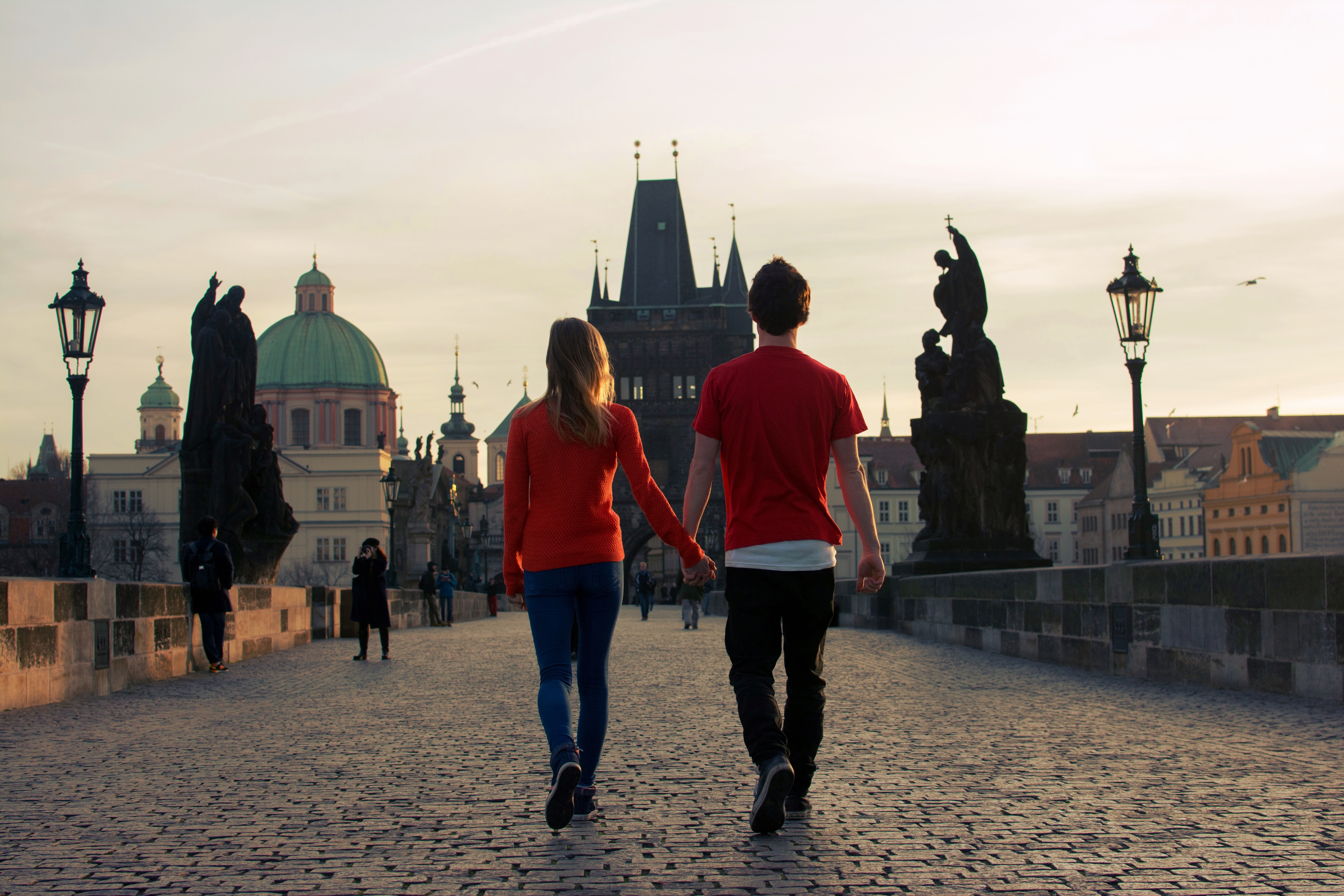 DavidTB/shutterstock
DavidTB/shutterstock
Do & See
The Czech capital is small and compact, home to some of the world's finest beers, with traditional Czech beer houses, or 'hospody', stationed on every street corner. Beyond the beer, Prague's heart lies in its central districts: Staré Město (Old Town), Josefov, Nové Město (New Town), and Malá Strana (Lesser Town). These are best explored on foot.
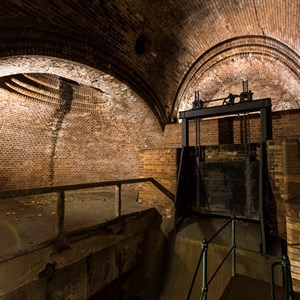 Old Wastewater Treatment Plant
Old Wastewater Treatment Plant
Old Wastewater Treatment Plant
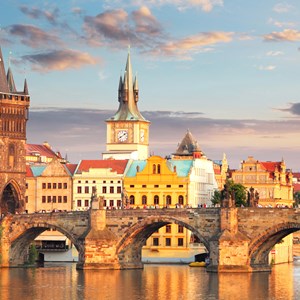 TTstudio/shutterstock
TTstudio/shutterstock
Karlův most — Charles Bridge
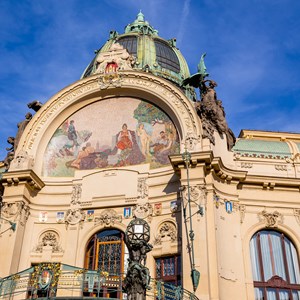 maziarz/shutterstock
maziarz/shutterstock
Municipal House
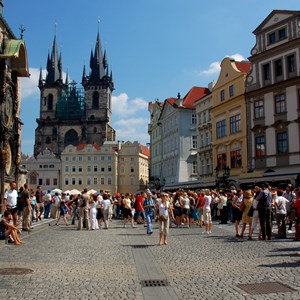 Xuanlu Wang/shutterstock
Xuanlu Wang/shutterstock
Old Town Square
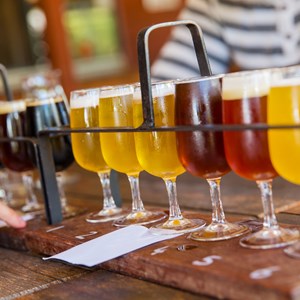 Kjetil Kolbjornsrud/Shutterstock.com
Kjetil Kolbjornsrud/Shutterstock.com
Czech Beer Tasting
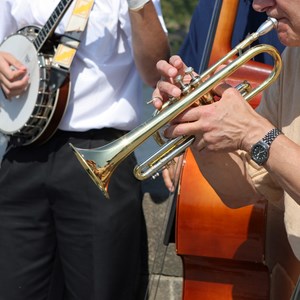 Joe Gough/shutterstock
Joe Gough/shutterstock
Concerts at Palác Akropolis
 Anna Lurye/shutterstock
Anna Lurye/shutterstock
Prague Zoo
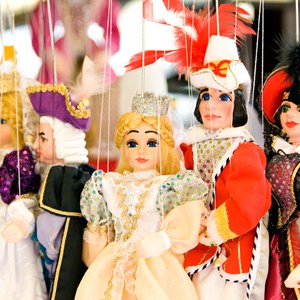 Thomas M Perkins/shutterstock
Thomas M Perkins/shutterstock
National Marionette Theatre
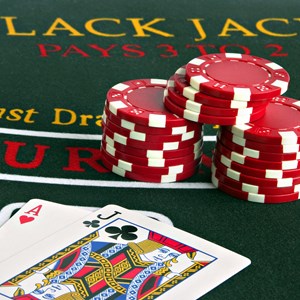 Neale Cousland/shutterstock
Neale Cousland/shutterstock
Casinos
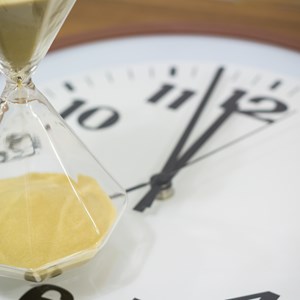 Ratchat/shutterstock
Ratchat/shutterstock
Mind Maze
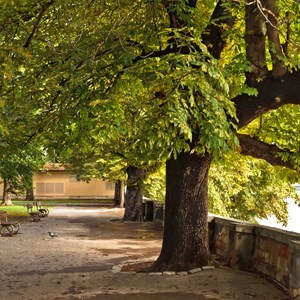 Fotoillustrator/shutterstock
Fotoillustrator/shutterstock
Kampa Park
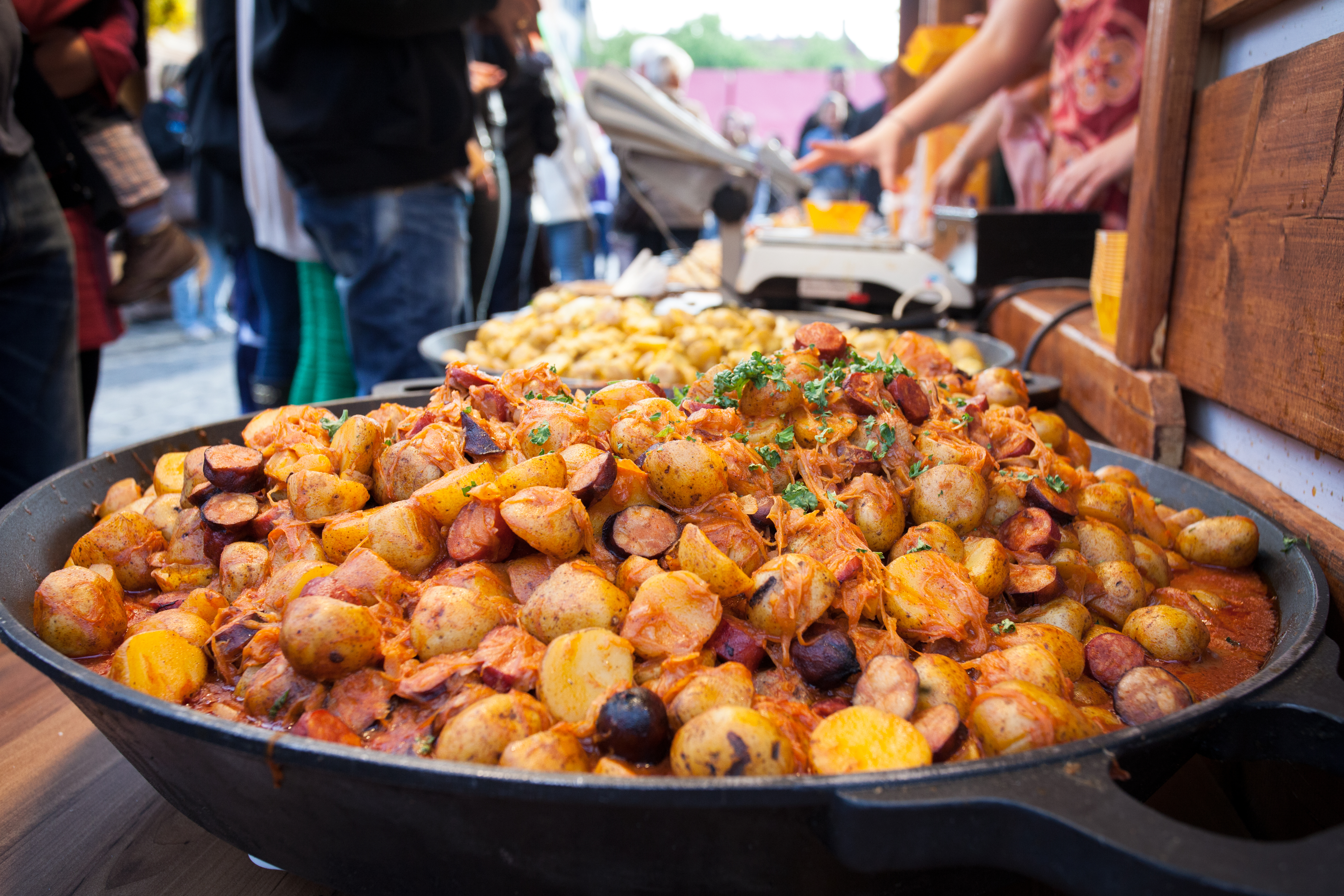 Marten_House/shutterstock
Marten_House/shutterstock
Dining
Many international cuisines have been introduced to the Prague restaurant scene, but the Central European fare still dominates. Classic Czech meals include Svíčková (roast beef with cream sauce), and the national dish, Vepřo-knedlo-zelo (pork with sauerkraut and dumplings). These can be had at any hospoda, along with a cold pilsner.
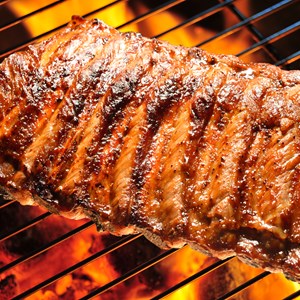 amenic181/shutterstock
amenic181/shutterstock
Kolkovna
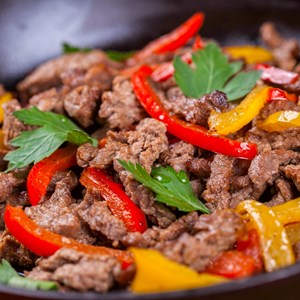 vsl/shutterstock
vsl/shutterstock
Cantina
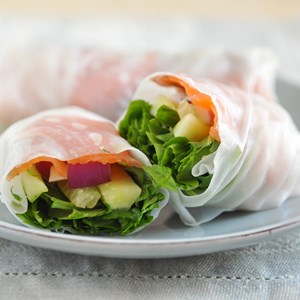 A_Lein/shutterstock
A_Lein/shutterstock
Malý Buddha (”Little Buddha”)
 Nickola_Che/shutterstock
Nickola_Che/shutterstock
Maitrea
 its_al_dente/shutterstock
its_al_dente/shutterstock
Indian by Nature
 Denizo71/shutterstock
Denizo71/shutterstock
Ristorante Carmelita
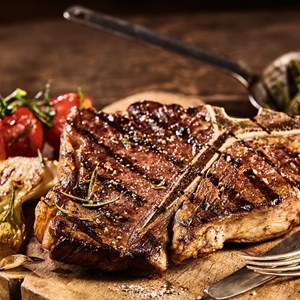 stockcreations/shutterstock
stockcreations/shutterstock
La Casa Argentina
 REDPIXEL.PL/shutterstock
REDPIXEL.PL/shutterstock
La Veranda
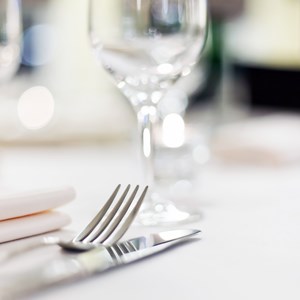 Shebeko/shutterstock
Shebeko/shutterstock
Coda
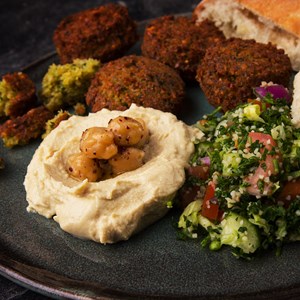 Karol Kostialova/shutterstock
Karol Kostialova/shutterstock
Jaffa
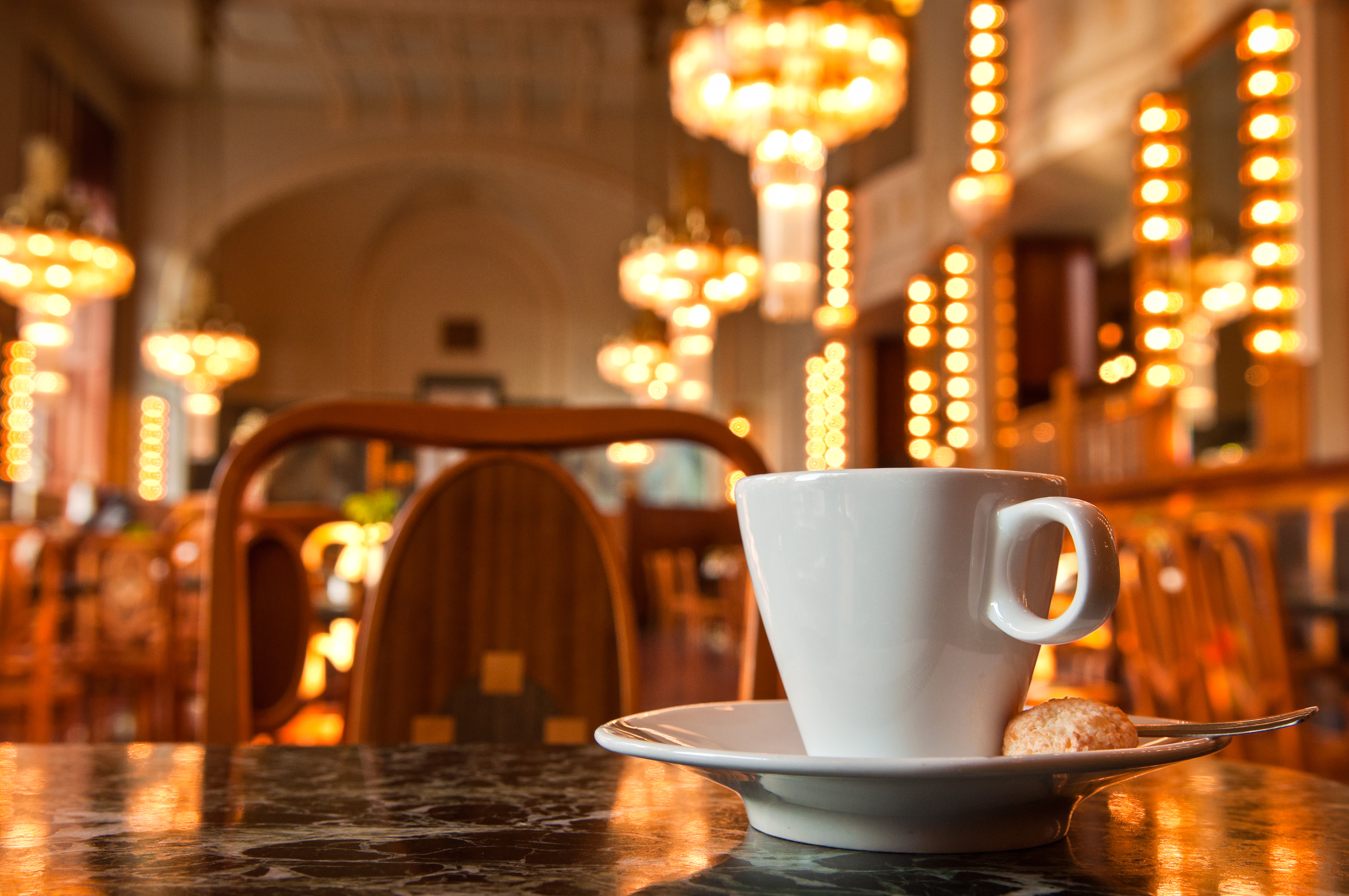 Matthew Dixon/shutterstock
Matthew Dixon/shutterstock
Cafés
Prague has always been a good town for cafes. At the turn of the last century, large middle-class establishments were the norm, many of which were revived in the 1990s. Following the Velvet Revolution of 1989, an array of smaller, intimate cafes emerged, each adorned with eclectic bric-à-brac decor.
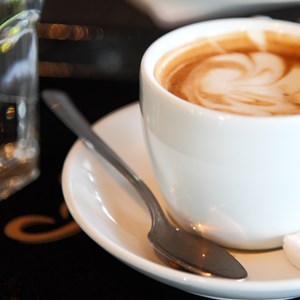 Sandra Scramm/shutterstock
Sandra Scramm/shutterstock
Café Slavia
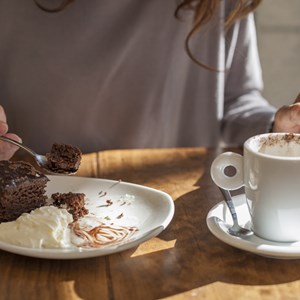 Quintanilla/shutterstock
Quintanilla/shutterstock
Café Louvre
 ThomsonD/shutterstock
ThomsonD/shutterstock
Kavárna Obecní dům
 Oksana Mizina/shutterstock
Oksana Mizina/shutterstock
Mistral Café
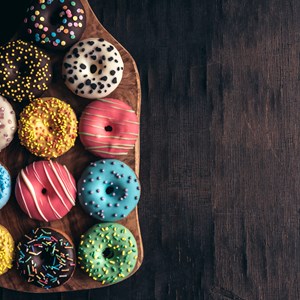 Itummy/shutterstock
Itummy/shutterstock
Donuterie
 Rimma Bondarenko/shutterstock
Rimma Bondarenko/shutterstock
Puro Gelato
 Seva_blsv/shutterstock
Seva_blsv/shutterstock
Coffee & Waffles
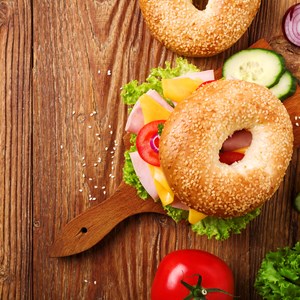 gkrphoto/shutterstock
gkrphoto/shutterstock
Just Bagel
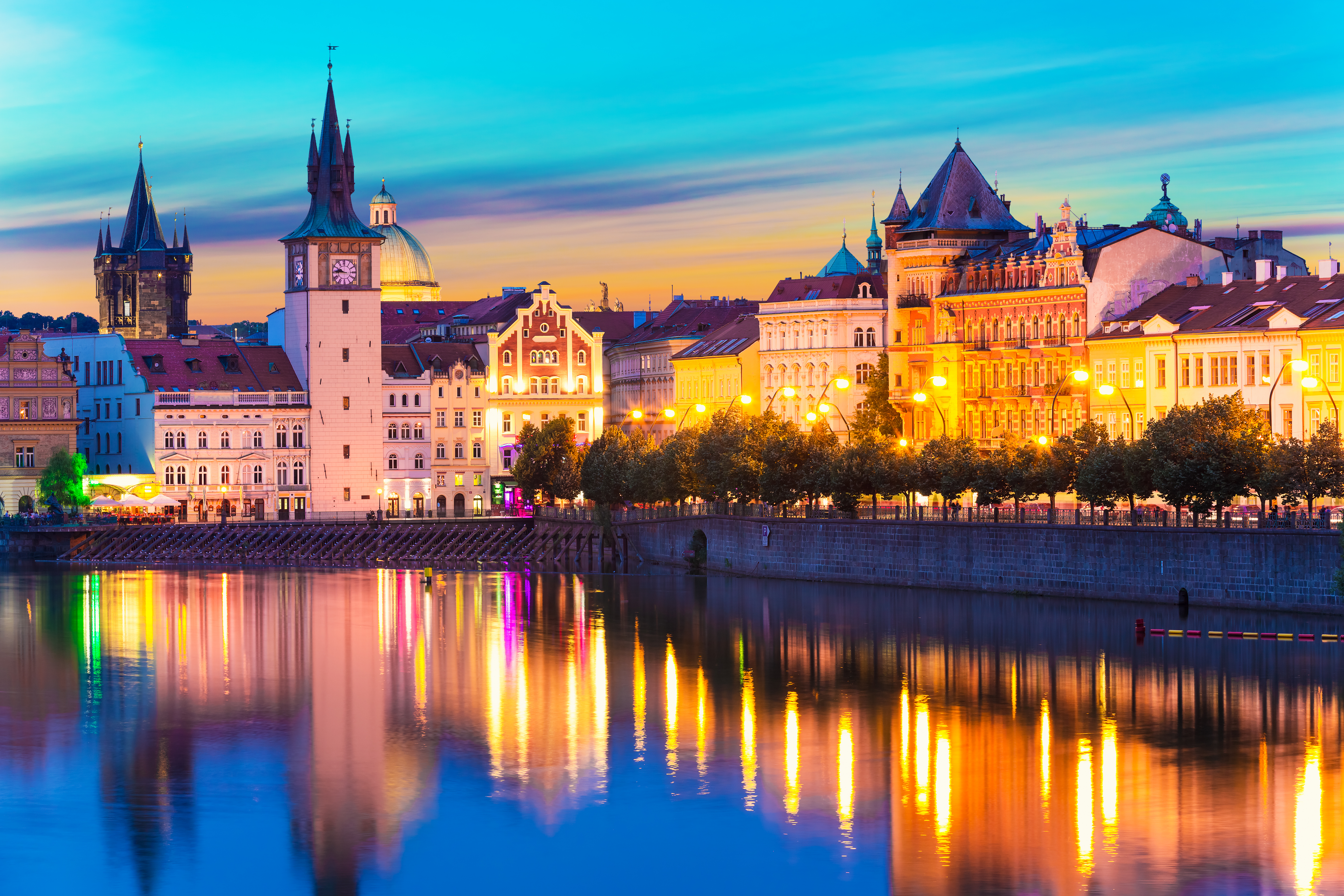 Oleksiy Mark/shutterstock
Oleksiy Mark/shutterstock
Bars & Nightlife
Prague's nightlife is a magnet for travellers, offering a dynamic mix of bars where beer is famously affordable, alongside a diverse array of clubs, cafes, and beer houses. Start your exploration in the Old Town, but don't shy away from venturing beyond the centre. Experiencing a night out in Prague is a must-do on any European travel bucket list.
 IVASHstudio/shutterstock
IVASHstudio/shutterstock
Radost FX
 Syda Productions/shutterstock
Syda Productions/shutterstock
Palác Akropolis
 amizadon/shutterstock
amizadon/shutterstock
Bugsy’s Bar
 sama_ja/shutterstock
sama_ja/shutterstock
Vinograf
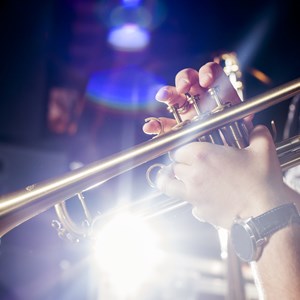 gornostay/shutterstock
gornostay/shutterstock
Agharta Jazz Centrum
 Dasha Petrenko/shutterstock
Dasha Petrenko/shutterstock
Týnská Bar & Books
 Prostock-studio/shutterstock
Prostock-studio/shutterstock
Absintherie
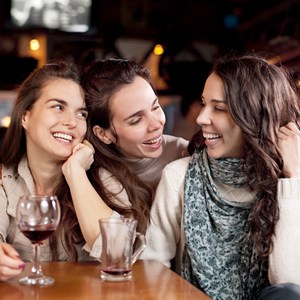 bokan/shutterstock
bokan/shutterstock
Bar No. 7
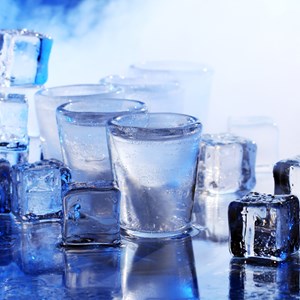 Y Photo Studio/shutterstock
Y Photo Studio/shutterstock
Ice Pub Prague
 wavebreakmedia/shutterstock
wavebreakmedia/shutterstock
Double Trouble Bar
 Africa Studio/shutterstock
Africa Studio/shutterstock
Jazzdock
 Pressmaster/shutterstock
Pressmaster/shutterstock
M1 Lounge
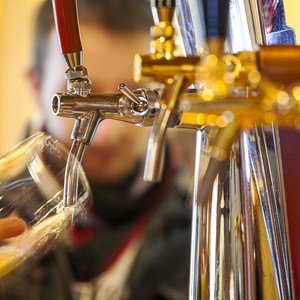 Eunika Sopotnicka/shutterstock
Eunika Sopotnicka/shutterstock
První Pivní Tramway
 Nykonchuk Oleksii/shutterstock
Nykonchuk Oleksii/shutterstock
Nebe Cocktail & Music Bar
 wavebreakmedia/shutterstock
wavebreakmedia/shutterstock
Déjàvu Music Club
 jenlo8/shutterstock
jenlo8/shutterstock
The Alchemist Bar
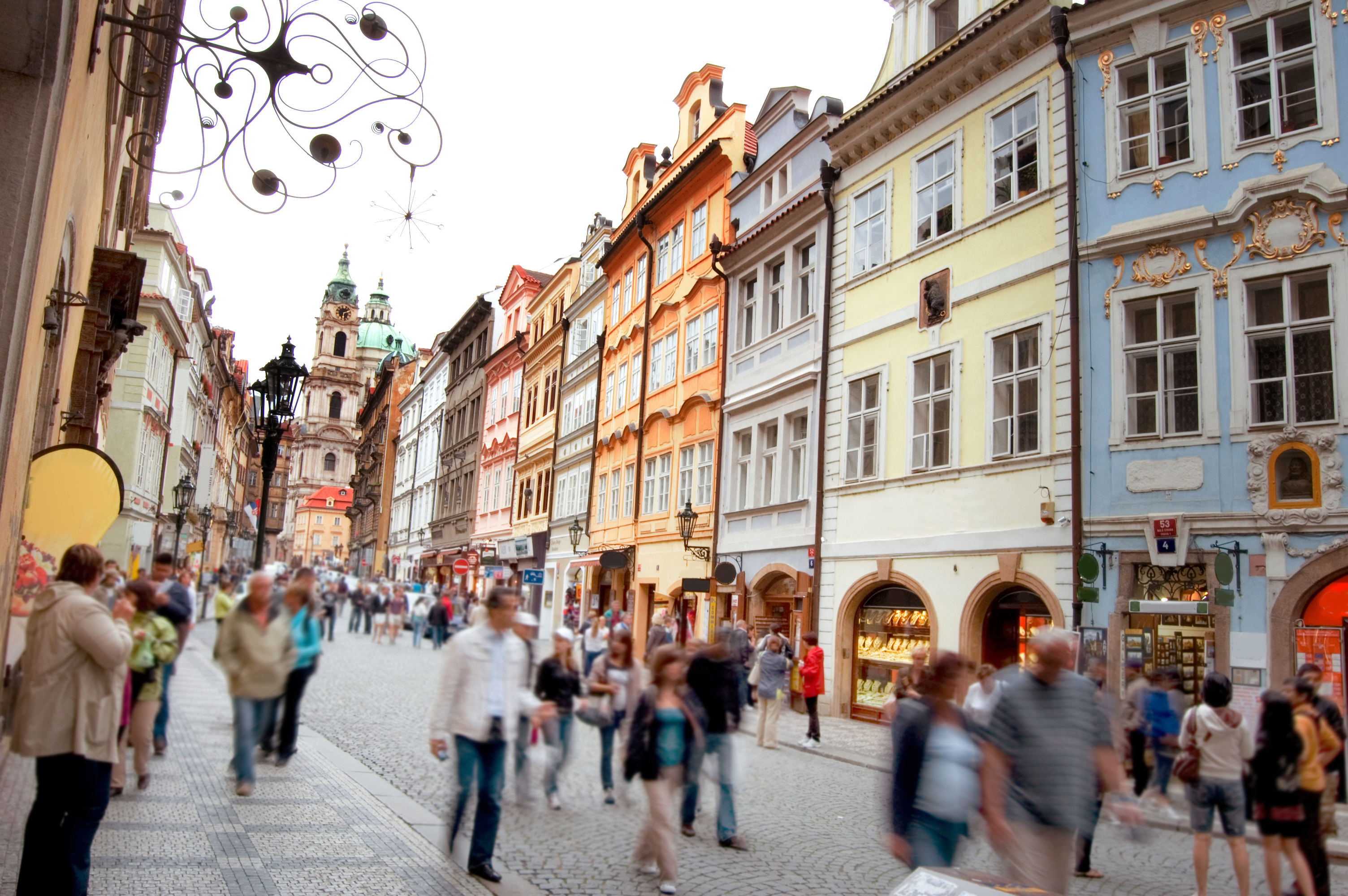 Milosz Aniol/shutterstock
Milosz Aniol/shutterstock
Shopping
If you want to shop for uniquely Czech products in Prague, you should visit the small boutiques selling domestic designer clothes, and look for reproductions of the utility designs created by Czech modernists in the 1920s and 1930s — both sectors have grown considerably in recent years. Another traditional item to shop for is Bohemian cut glass.
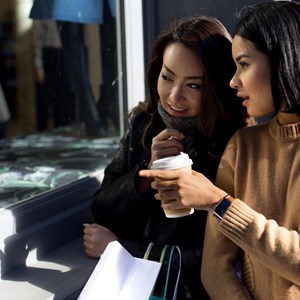 Baconstudiony/shutterstock
Baconstudiony/shutterstock
Designer Clothes
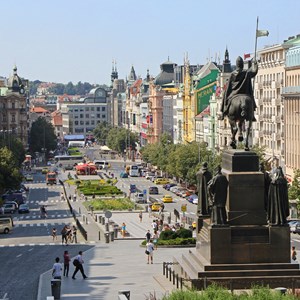 Intrepix/shutterstock
Intrepix/shutterstock
Main Shopping Areas
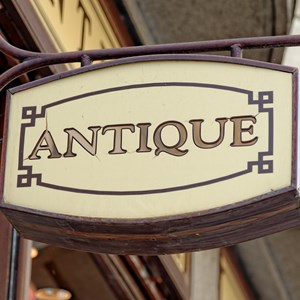 Angelina Dimitrova/shutterstock
Angelina Dimitrova/shutterstock
Antiques & Art
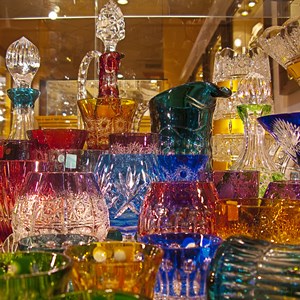 Ingrid Prats/shutterstock
Ingrid Prats/shutterstock
Cut Glass
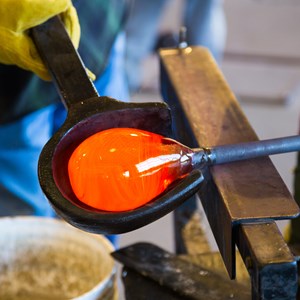 Joshua Rainey Photography/shutterstock
Joshua Rainey Photography/shutterstock
Czech Design
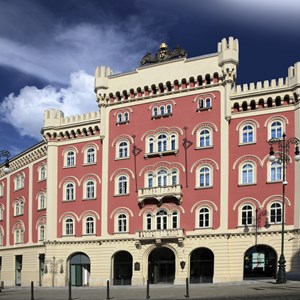 Josef Hanus/shutterstock
Josef Hanus/shutterstock
Palladium Shopping Centre
 Monkey Business Images/shutterstock
Monkey Business Images/shutterstock
Shopping Centre Letňany
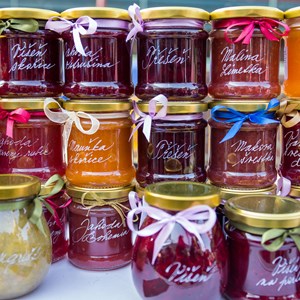 duchy/shutterstock
duchy/shutterstock
Farmers Market Heřmaňák
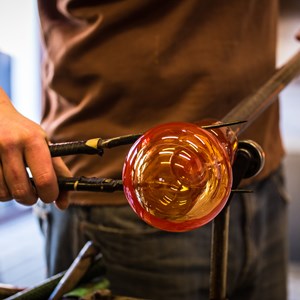 jurra8/shutterstock
jurra8/shutterstock
Artěl
 Kati Finell/shutterstock
Kati Finell/shutterstock
Pražská čokoláda
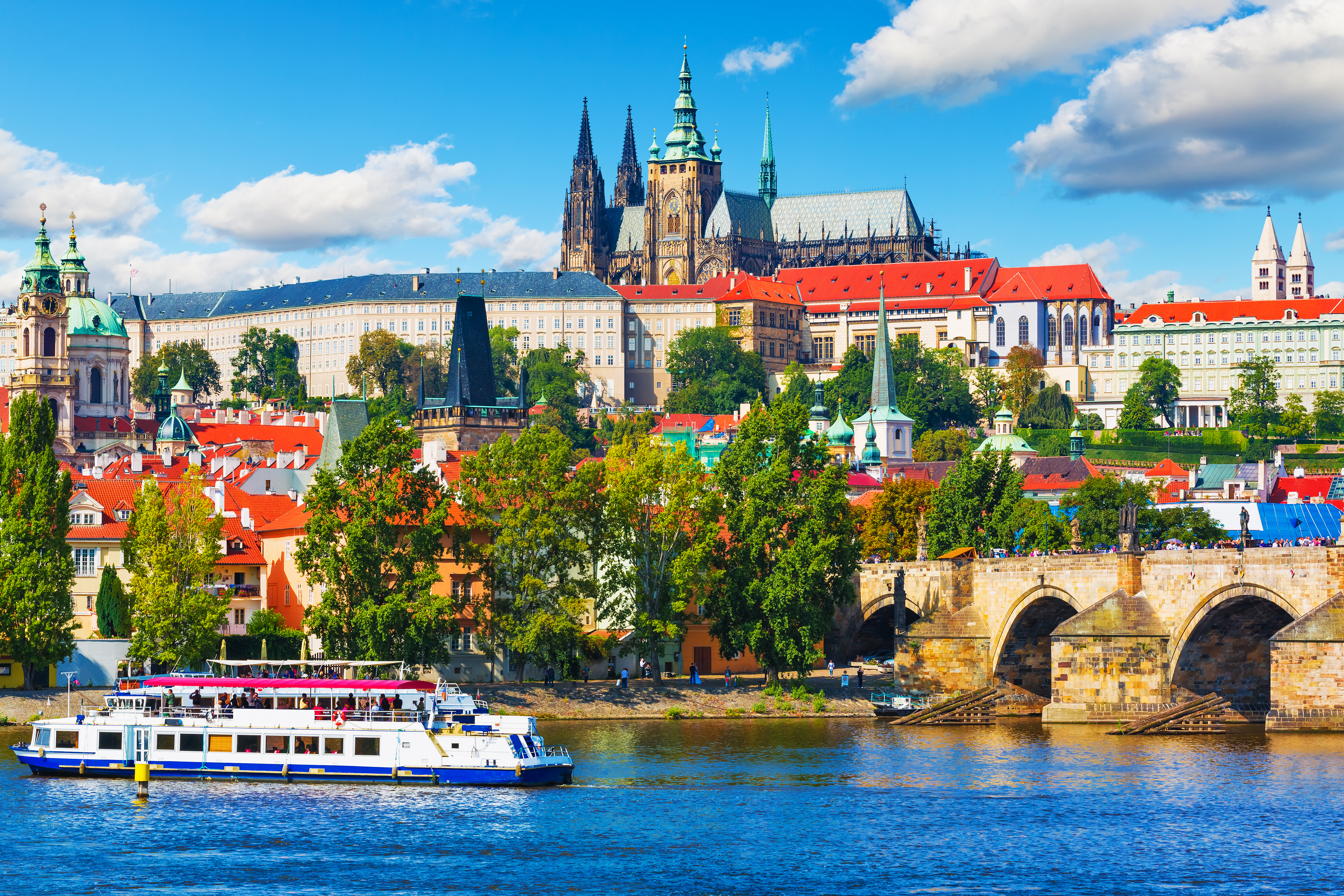 Oleksiy Mark/shutterstock
Oleksiy Mark/shutterstock
Tourist Information
Passport / Visa
The Czech Republic can be visited visa-free for up to 90 days by citizens of Australia, New Zealand, Japan, South Korea, Taiwan, Malaysia, Israel, UAE and most countries in America. If you are unsure whether or not you need to apply for a visa, we recommend contacting the embassy or consulate in your country. International (non-Schengen) travellers need a passport that is valid for at least 3 months after the end of their intended trip in order to enter the Schengen zone. Citizens of Schengen countries can travel without a passport, but must have a valid ID with them during their stay.
Address:
Email:
Phone:
Website:
More Information:
Best Time to Visit
Prague is appealing in any season and has lots to offer throughout the year. The city is at its busiest during the summer months of July and August. Late spring and early fall are a little less crowded, whereas the slowest times are during the cold months of November, January, February and March, so if you don't mind the cold and prefer fewer tourists, this would be a good time for you to travel to Prague. For extra cosiness, hit the Christmas markets in late December.
If you are thinking of coming to Prague in early spring, try to schedule your trip around Easter when Prague is decorated and Easter markets are open.
Address:
Email:
Phone:
Website:
More Information:
Václav Havel Airport Prague (PRG)
Václav Havel Airport Prague is located 20 kilometres to the northwest of the city centre. There are minibuses with shared fares. They take you to Metro A Station Dejvická and to Metro B station Námešti Republiky in Central Prague.
Terminal 1 serves flights outside the Schengen Area, and Terminal 2 within the Schengen Area.
The cheapest connection to and from the airport is by bus. Number 119 will drop you at the Metro A station Dejvická, and bus number 100 at Metro B station Zličín (change to Metro B to get to the city centre). You can buy a transfer ticket, valid for 75 minutes, in the flight terminal or at the ticket vending machine at the bus stop. The bus runs between 4 am and midnight. Lines 907 and 910 run through the night.
The Airport Express runs via Terminal North 1 — Terminal North 2 — Nádraží Holešovice Metro and the train station. Change to metro line C to get to the city centre.
Address:
Email:
Phone: +420 220 111 888
Website: www.prg.aero/en
More Information:
Public Transport
The underground, buses and railway operate daily from 4am to 0:15am (night service every 30 minutes). Tickets can be purchased from ticket vending machines and tobacco shops and are valid for 30 or 90 minutes, 24 or 72 hours. You can choose to get an e-ticket or receive it as a text message. In trams, you can pay with contactless payment cards — the machine is in the middle of each tram.
Address:
Email:
Phone:
Website: www.dpp.cz/en
More Information:
Taxi
For tourists, a taxi journey in Prague often turns out to be an expensive treat. If you want to travel by taxi then call a reliable taxi firm, such as AAA. Their phone number is 140 14, plus you can use their mobile app.
Bolt and Uber ridesharing apps are available in Prague, too.
Address:
Email: hotline@aaataxi.cz
Phone: +420 222 333 222
Website: www.aaataxi.cz/en
More Information:
Post
The Main Post Office is located at Jindřišká 14, in a beautiful Neo-Renaissance building.
Address: Česká pošta, Jindřišká 909/14, Prague
Email:
Phone: +420 954 211 000
Website: www.ceskaposta.cz/en
More Information:
Pharmacy
You can find out which pharmacies in your area are open around the clock by calling +420 224 946 982.
Address: Dr.Max Lékárna, Vodičkova 792/40, Prague
Email:
Phone: +420 225 574 111
Website: www.drmax.cz
More Information:
Electricity
In Czechia, the power plugs and sockets are of type E, with two round pins like in most other countries in continental Europe. The standard voltage is 220–230 V and the standard frequency is 50 Hz.
Address:
Email:
Phone:
Website:
More Information:
Telephone
Country code: +420
Area code: there is none; it is already included in every local telephone number.
Address:
Email:
Phone:
Website:
More Information:


